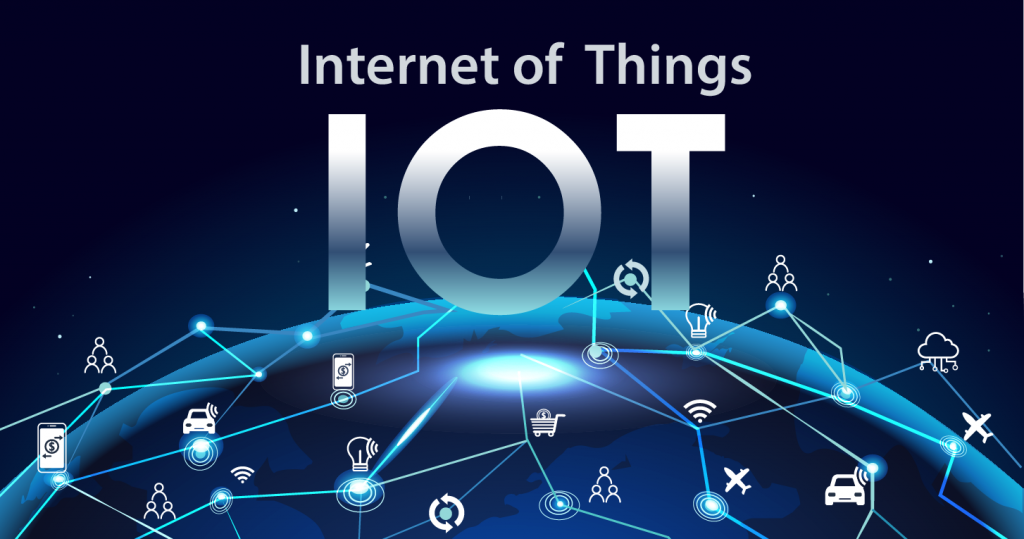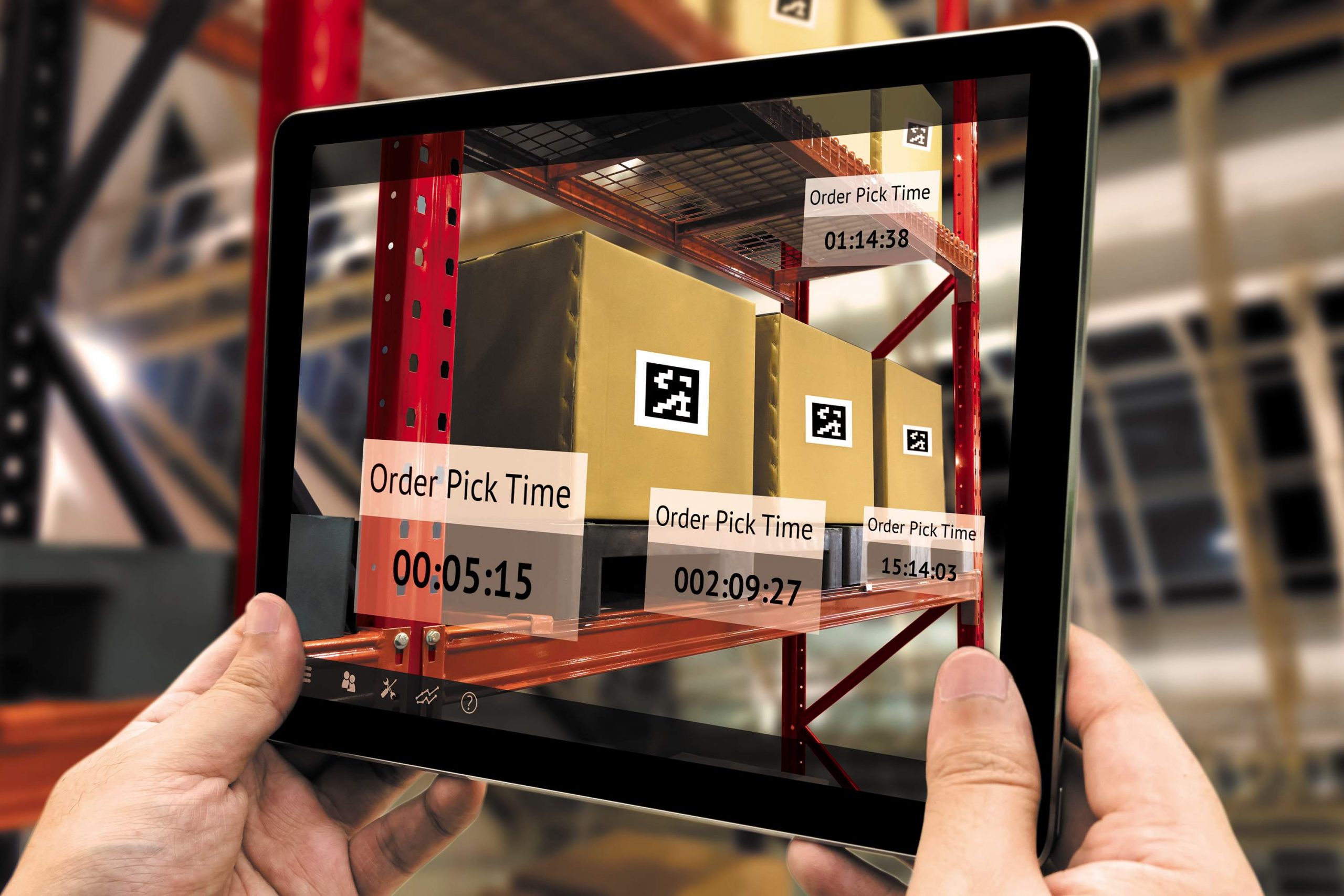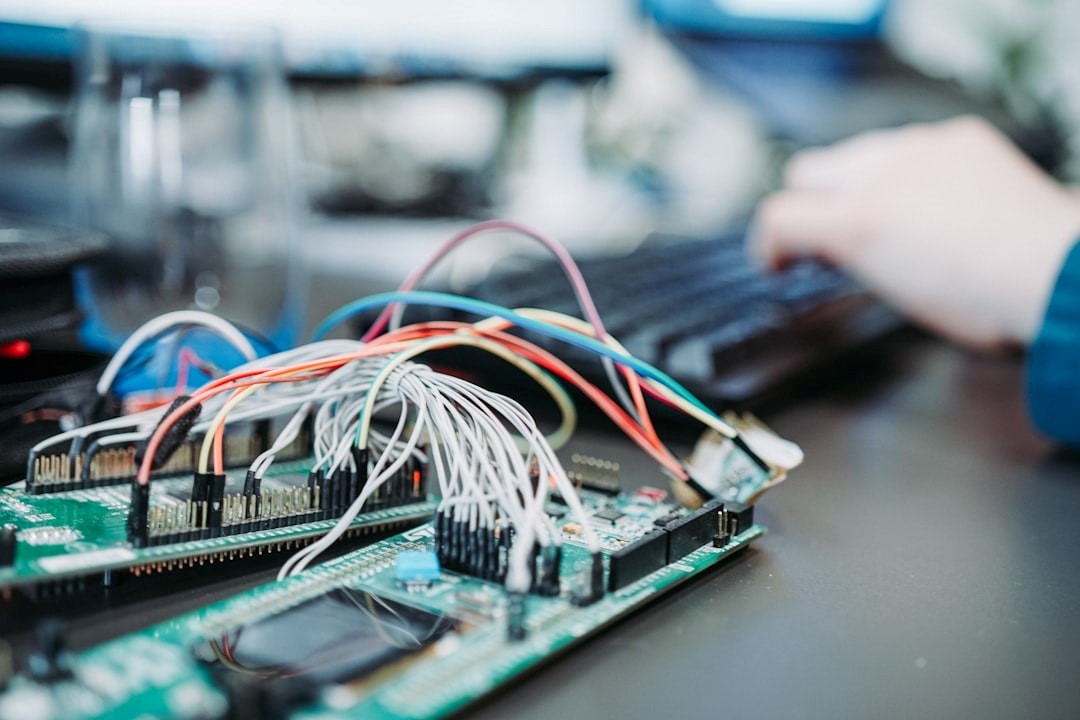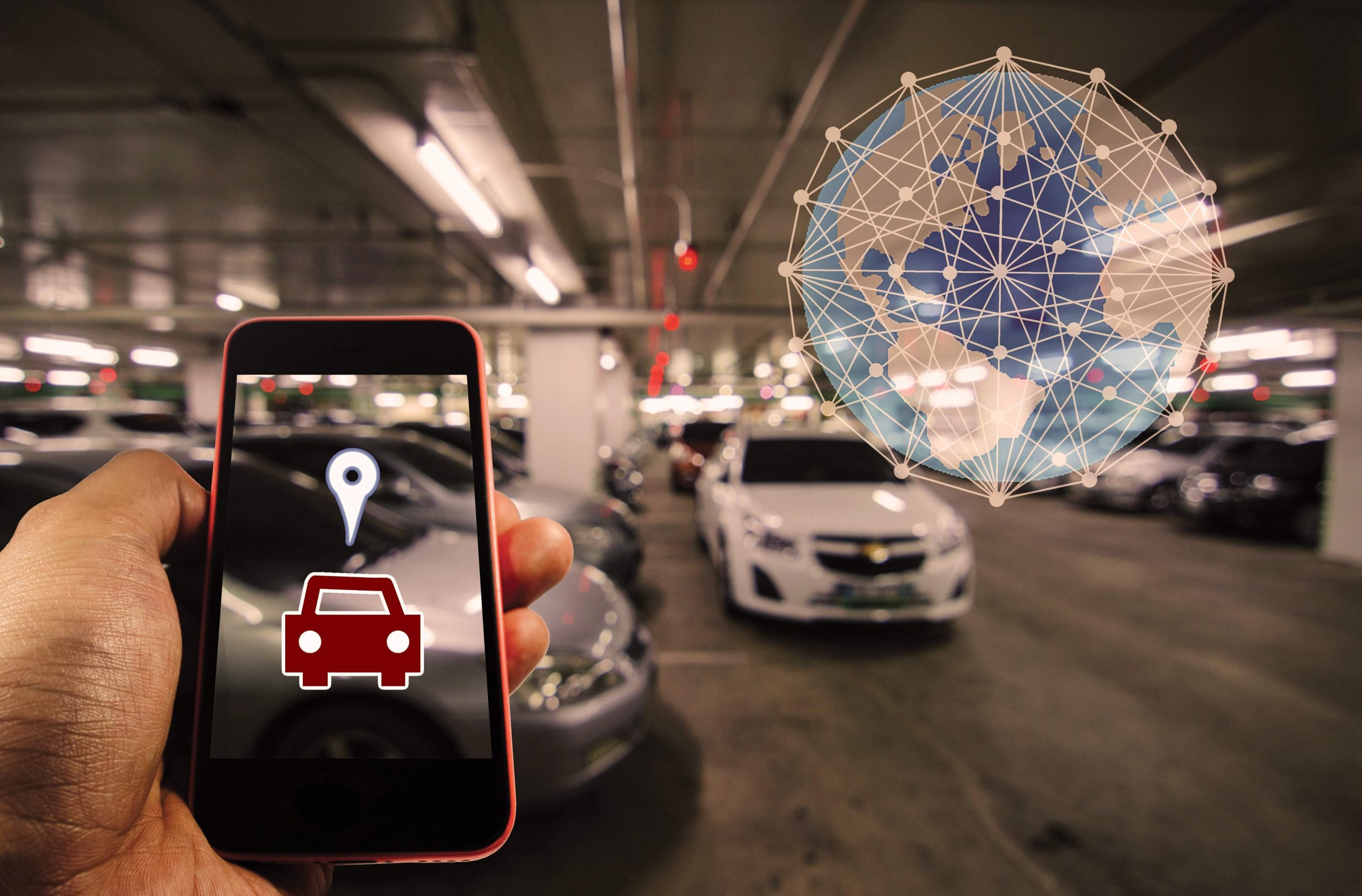IoT Connectivity Management Platform: Functionality & Features
-
March 13, 2024
-
7 min read

The Internet of Things (IoT) is transforming businesses by enabling smooth communication between devices, networks, and applications. However, as organisations scale their IoT deployments, managing multiple connections across different networks and geographies becomes increasingly complex. This is where an IoT Connectivity Management Platform (CMP) plays a crucial role.
An IoT Connectivity Management Platform helps businesses monitor, control, and optimise their IoT networks by providing a unified interface for connectivity, security, and data management. No matter if it’s fleet tracking, industrial automation, or smart cities, an effective CMP ensures reliability, security, and scalability in IoT deployments.
Let’s check out what an IoT connectivity management platform is, how it works, its key features, and its real-world applications.
What is an IoT Connectivity Management Platform?
An IoT connectivity management platform is a centralised software solution that helps businesses manage their IoT devices’ network connectivity efficiently. It allows enterprises to deploy, monitor, and control IoT devices across multiple networks, and maintain smooth communication and optimal performance.
By using a CMP, businesses can:
- Automate SIM provisioning and activation
- Monitor data usage and optimise network performance
- Secure device communication across networks
- Analyse and manage IoT connectivity costs
With IoT deployments spanning different regions and network types (such as cellular, LPWAN, or satellite), a CMP provides businesses with a unified interface to streamline operations and reduce complexity.
How IoT Connectivity Management Platforms Work?
IoT Connectivity Management Platforms function as an intermediary between IoT devices and network providers for smooth communication and optimised performance. The process typically follows these steps:
- Provisioning & Activation: Devices are provisioned with SIM cards or eSIMs that connect to the platform.
- Network Selection & Connectivity: The CMP intelligently selects the best available network (2G, 3G, 4G, 5G, or LPWAN) to maintain uninterrupted connectivity.
- Data Routing & Management: The platform manages data flow between devices and cloud applications with full security.
- Monitoring & Alerts: Businesses receive real-time alerts about connectivity issues, unusual data consumption, or security threats.
- Optimisation & Cost Control: The platform enables businesses to set data limits, automate billing, and optimise connectivity costs.
By simplifying the management of IoT monitoring, a CMP helps businesses focus on innovation rather than connectivity challenges.
Key Features & Benefits for Your Business
Implementing an IoT CMP provides businesses with several benefits, including improved efficiency, reduced costs, and enhanced security. Key features are:
1. Centralised Connectivity Management
An IoT Connectivity Management Platform provides a unified dashboard to monitor and control all IoT devices, SIM cards, and networks. Businesses can track device status, data usage, and connectivity health in real time.
2. Automated SIM Provisioning & Lifecycle Management
CMPs automate SIM activation, deactivation, and switching between different networks. This eliminates the need for manual provisioning, speeds up deployment, and maintains uninterrupted connectivity, especially for large-scale IoT deployments.
3. Real-Time IoT Monitoring & Alerts
Continuous network monitoring helps businesses detect connectivity failures, excessive data usage, or security threats. Automated alerts allow quick troubleshooting and minimise downtime for businesses.
4. Cost Optimisation & Data Usage Control
CMPs provide detailed analytics on IoT data consumption, helping businesses optimise their plans, avoid overages, and reduce unnecessary expenses. Features like policy-based data limits and alerts prevent unexpected charges.
5. Advanced Security & Compliance
IoT connectivity platforms implement encryption, VPNs, two-factor authentication, and secure access controls to protect sensitive device data. Many CMPs also guarantee compliance with industry regulations like GDPR and ISO security standards.
6. Multi-Network & Roaming Support
IoT devices deployed across multiple locations can seamlessly switch between different network providers, ensuring consistent and reliable connectivity. This is essential for global businesses managing devices across different geographies.
7. Scalability & API Integration
CMPs allow businesses to scale their IoT deployments without additional infrastructure costs. API integrations enable smooth connectivity between IoT platforms, enterprise applications, and third-party solutions.
8. Supports Various Communication Models
An IoT CMP supports various communication models in IoT such as device-to-device, device-to-cloud, and edge computing for efficient data transmission across networks.
Core Functions of IoT Connectivity Management Systems
An IoT CMP performs several critical functions to streamline device connectivity:
1. Device Connectivity & Network Management
CMPs provide real-time network visibility for communication between IoT devices and the cloud. They enable businesses to manage multiple SIMs, automate network selection, and maintain redundancy in case of network failure.
2. Security & Compliance
With rising cyber threats, security is a top priority in IoT deployments. CMPs offer encryption, VPN support, and authentication mechanisms to protect data from unauthorised access.
3. Billing & Cost Control
IoT networks often involve multiple carriers, making cost management challenging. CMPs provide transparent billing that allows businesses to track data usage, set alerts, and optimise spending.
4. Real-Time Monitoring & Diagnostics
Effective IoT monitoring helps detect connectivity issues, track device performance, and guarantee optimal network uptime. Businesses can also generate reports to analyse performance trends.
5. Automation & Scalability
CMPs automate device onboarding, network provisioning, and troubleshooting to enable businesses to scale IoT projects effortlessly.
Real-World Applications of IoT Connectivity in Various Industries
IoT connectivity is transforming multiple industries by enabling real-time monitoring, automation, and data-driven decision-making.
- Smart Cities: IoT-powered street lights, smart waste management, and intelligent traffic systems improve urban infrastructure, reduce energy consumption, and enhance public safety.
- Healthcare: Remote patient monitoring, connected medical devices, and wearable health trackers enable real-time diagnostics and improve patient care.
- Transportation & Logistics: Fleet tracking, predictive maintenance, and fuel optimisation help logistics companies enhance operational efficiency and reduce costs.
- Manufacturing & Industrial Automation: IoT sensors monitor machinery health, automate production lines, and improve predictive maintenance, reducing downtime and increasing productivity.
- Agriculture & Smart Farming: IoT-powered sensors track soil moisture, automate irrigation, and monitor livestock health, optimising crop yields and resource usage.
- Retail & Supply Chain: Smart shelves, RFID tracking, and automated inventory management enhance supply chain efficiency and improve customer experience.
With reliable IoT connectivity, businesses across industries can optimise operations, reduce costs, and drive innovation, making them more competitive in the digital era.
Practical Use Cases for IoT Connectivity Management Platforms
Some practical use cases for IoT CMP are:
- Connected Vehicles & Telematics: A CMP helps automotive companies manage vehicle connectivity, ensuring seamless navigation, remote diagnostics, and fleet monitoring.
- Smart Agriculture & Precision Farming: IoT sensors track soil moisture, weather conditions, and equipment performance, optimising crop yield and resource utilisation.
- Industrial Equipment Monitoring: Predictive maintenance powered by IoT ensures early fault detection, reducing downtime and maintenance costs.
- Healthcare & Wearable Devices: Remote health monitoring devices require secure and stable IoT connectivity to function effectively.
- Smart Energy & Grid Management: CMPs enable smart meters and grids to enhance energy efficiency and reduce power wastage.
Airtel’s IoT Connectivity Solutions
Airtel IoT connectivity solutions offer a secure, scalable, and future-ready platform to manage IoT networks efficiently. With advanced technologies like 5G, NB-IoT, and IoTHub, it enables businesses across industries to enhance operations, improve efficiency, and reduce costs.
Key Benefits of Airtel IoT Connectivity Solutions:
- Multi-Network Support: Connect devices using 5G, NB-IoT, 4G, and 2G for uninterrupted operations.
- IoTHub: A single platform for device monitoring, flexible billing, and network feasibility mapping.
- Advanced Security Features: Secure APN configurations, encrypted data transmission, and fraud prevention mechanisms.
- Real-Time Insights & Analytics: Monitor SIM-wise data usage, diagnose network issues, and optimise device performance.
- Global IoT Connectivity: Expand internationally with multi-network support and seamless integration.
- Industry-Specific Use Cases: Supports IoT applications in different industries such as logistics, energy, smart utilities, financial services, and connected vehicles.
For businesses seeking a reliable and scalable IoT connectivity management platform, Airtel offers a future-proof, data-driven solution tailored to evolving business needs.
Wrapping Up
An IoT connectivity management platform is essential for businesses looking to deploy, manage, and optimise their IoT devices at scale. With features like real-time monitoring, automated SIM provisioning, security enforcement, and cost optimisation, these platforms offer seamless connectivity and operational efficiency across industries. As IoT adoption continues to grow, businesses need a reliable, scalable, and secure connectivity solution.
With solutions like Airtel’s IoT connectivity, businesses can leverage high-end and scalable IoT connectivity, and benefit from reliable and secure operations. Whether you are managing a smart city, a fleet of vehicles, or an industrial automation system, you enjoy a well-integrated CMP that can drive efficiency and innovation in your IoT strategy.
 Share
Share









